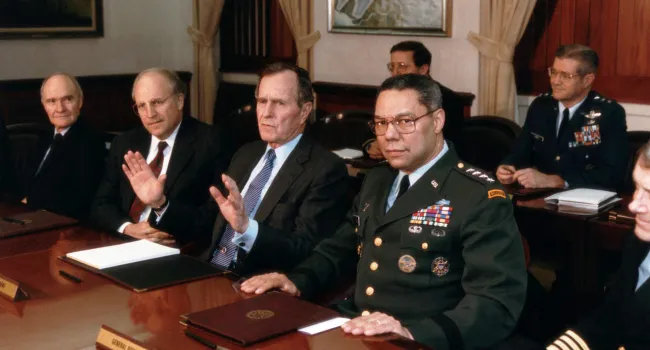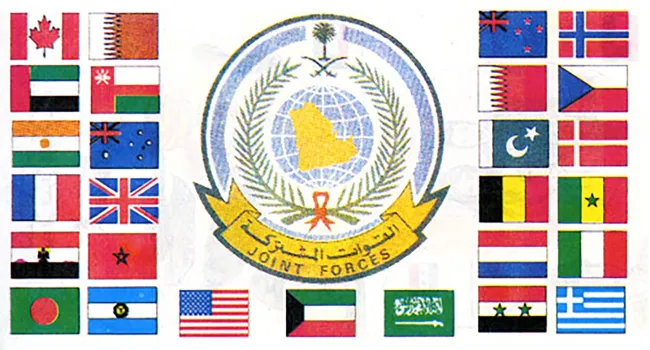Kaltura
Iraqi dictator Saddam Hussein earned notoriety for his brutal suppression of political dissidents, oppression of Kurds living in northern Iraq, and his desire for nuclear weapons. World criticism did not hinder Saddam from partaking in any of his heinous actions. Despite attempts from world leaders to prevent rising tensions between Iraq and Kuwait, peace talks eventually failed, and Iraq invaded Kuwait on August 2, 1990. Saddam believed the United States would not want to become involved in another unpopular foreign war similar to Vietnam.
Standards
- 5.5.CO Compare and contrast the focus of the U.S. as a world leader before and after the September 11, 2001, attacks.
- 5.5.CC Analyze the continuities and changes in U.S. relationships with countries around the world as a result of the economic, political, and social changes in this period.
- 5.5.E Analyze multiple perspectives on the economic, political, and social effects of global interdependence after 1980 using primary and secondary sources.








